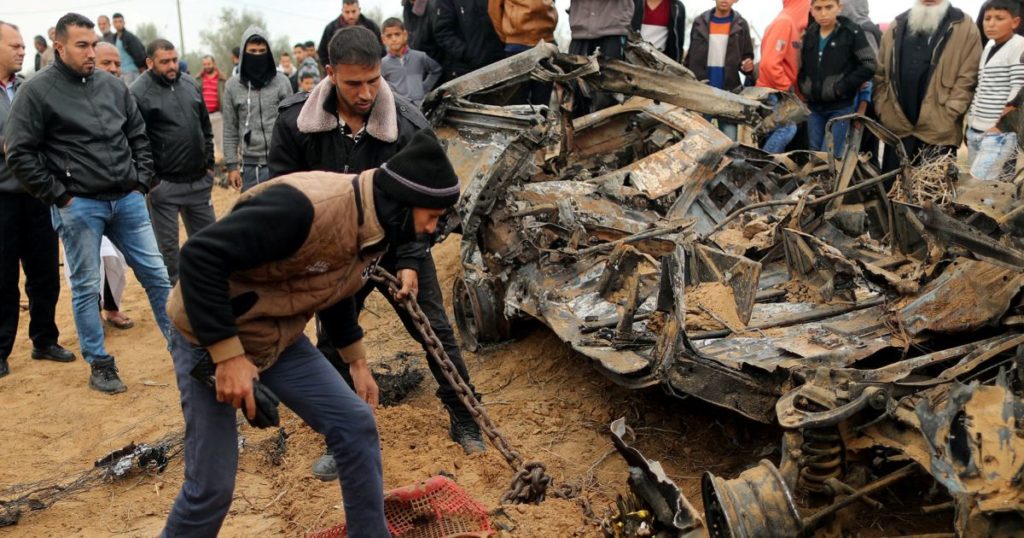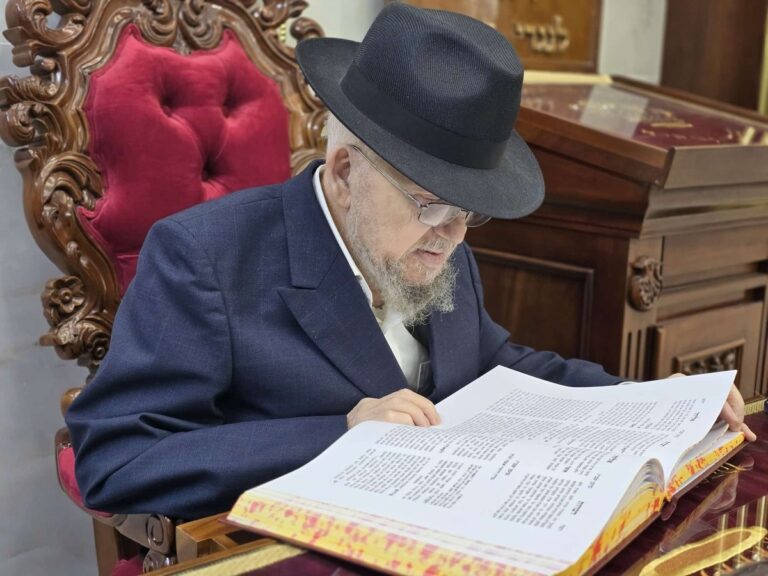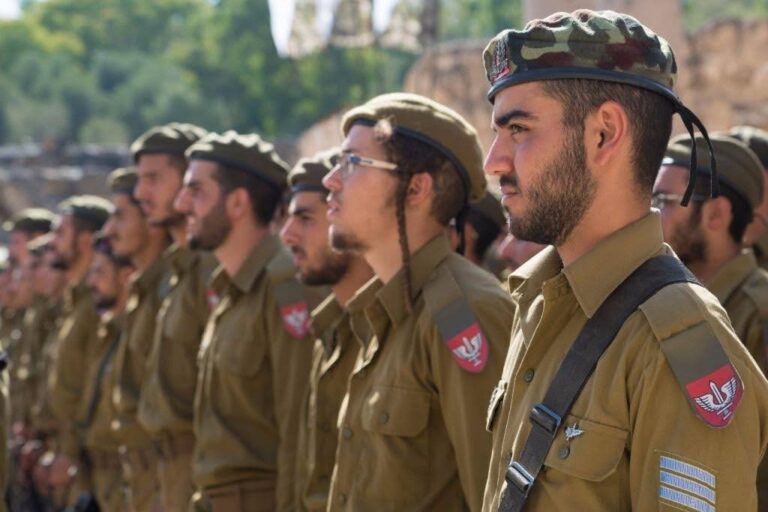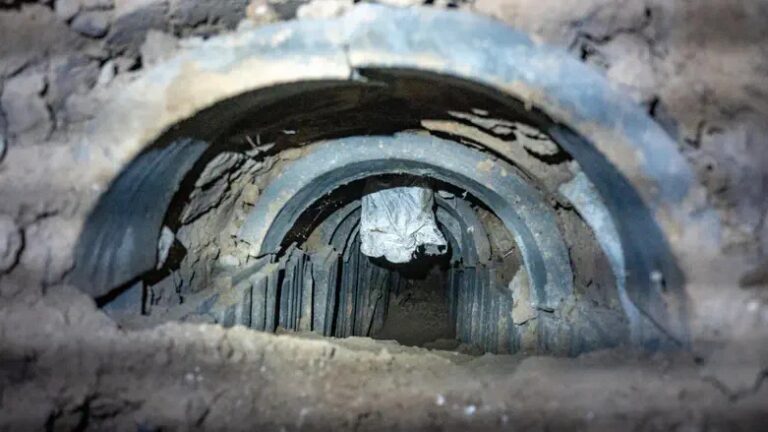The report on the IDF undercover operation on November 11, 2018 in the Khan Yunis area of Gaza has been completed and submitted to IDF Chief of Staff Lt.-General Aviv Kochavi. The incident resulted in the killing of the elite undercover unit’s commander, Lt.-Colonel ‘M’.
The IDF Spokesperson’s Office said that during the past week, IDF Chief of Staff Lt.-General Aviv Kochavi, summarized the findings of the operational debriefing and the findings of the examination and team studying the events of the special operation in Khan Yunis on November 11, 2018, after a lengthy and comprehensive investigation. The professional teams that investigated the operation leading to the death of Lt.-Colonel M. and another officer was moderately injured. The chief of staff’s briefing was held with the participation of the commanders of the Special Operations Directorate, the Deputy Chief of Staff, the Head of the Operations Branch, the Head of the Intelligence Branch, the Commander of the IAF, and the Chief of the General Staff, Major-General (reserves.) Nitzan Alon.
After the incident, the then Chief of Staff, Lt.-Gen. (reserves) Gadi Eisenkot appointed a team headed by Major-General Nitzan Alon to examine and study the event and formulate recommendations at the general, multi-organizational, and inter-organizational levels of the special operational systems. The team was composed of several senior officers in the regular army and reserves, as well as senior representatives from other security bodies. The team operated on the basis of the conclusions of the operational debriefing led by the commander of the Special Operations Directorate, Brigadier-General ‘G.’, and other external professional teams who worked to investigate the operation.
The chief of staff accepted the findings of the debriefings as presented to him by the head of the Intelligence Directorate, Major-General Tamir Heiman, and Major-General (reserves) Nitzan Alon, and praised the thorough and professional investigation and learning process. The chief of staff stated that the operation’s mission was not carried out, expressed deep sorrow over the fall of Lt.-Colonel ‘M.’ and noted the heroism demonstrated by the fighters.
The chief of staff noted that an analysis of the events in the operation raises a number of errors and mishaps that led to the exposure of the force, which indicate gaps in the implementation method and in the preparations process.
In addition, a series of conclusions were presented regarding the planning process of the special operation, the operational methods used by the special system, the command and control of the special operations, and the organization of the network. Lessons were also drawn regarding the interfaces between the special operations array on the general staff level, which are already being carried out, and in light of which the work plan of the interface is formulated in a multi-year perspective.
The chief of staff concluded that the special operations system has outstanding achievements over the years, which have contributed greatly to the country’s security, and that the interface is essential, professional and of a high quality, as has already been done successfully, in practice, during the last months since the incident.
The chief of staff noted positively the functioning of the fighters in the field and the chain of command in the field and the command post, and in particular Lt.-Colonel ‘A.’, who acted with courage, bravery and heroism, and enabled the rescue of the force.
The Chief of Staff praised the IAF and IAF medical forces for rescue operations characterized by courage, professionalism and operational quality worthy of praise.
(YWN Israel Desk – Jerusalem)











